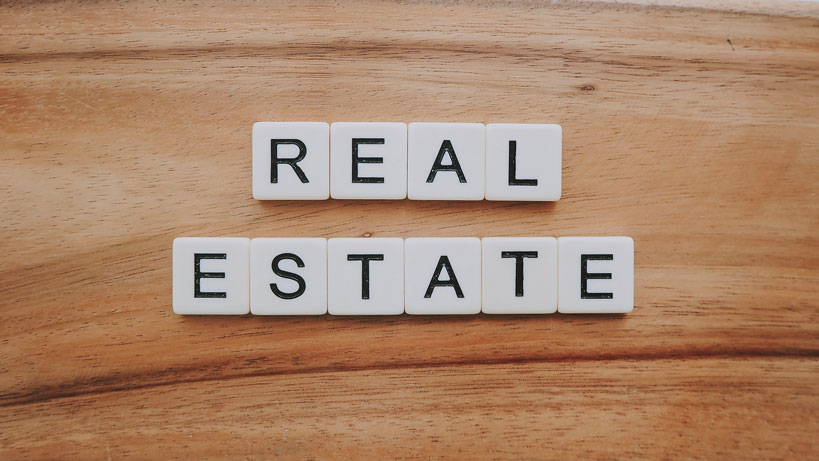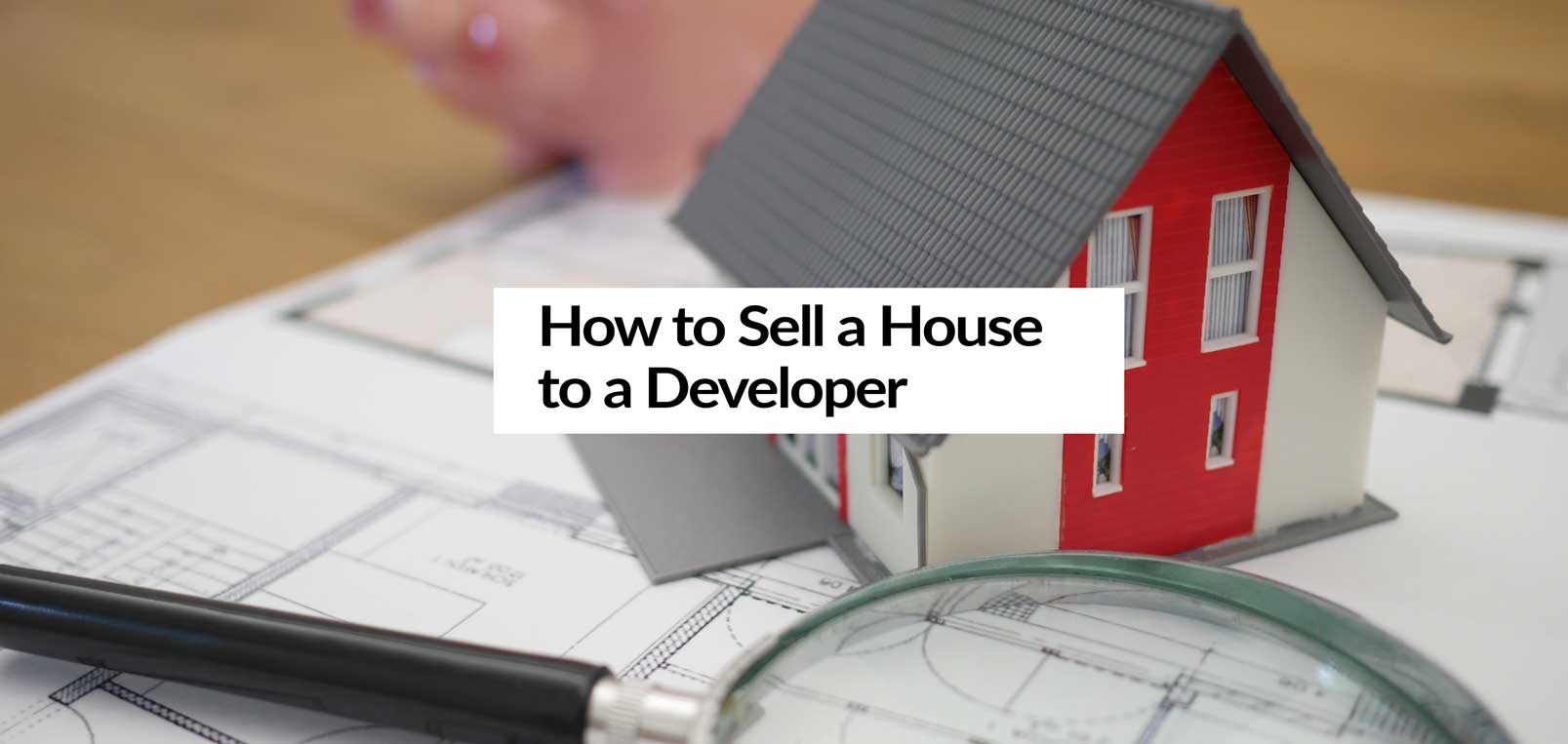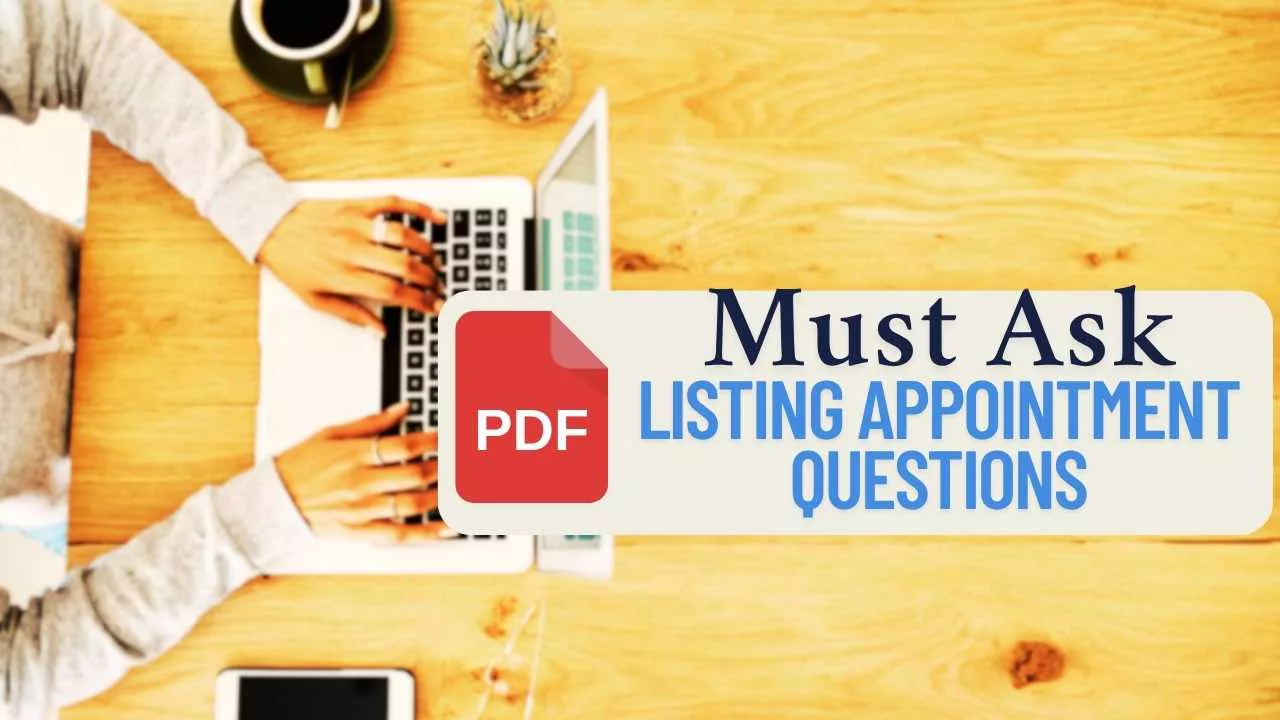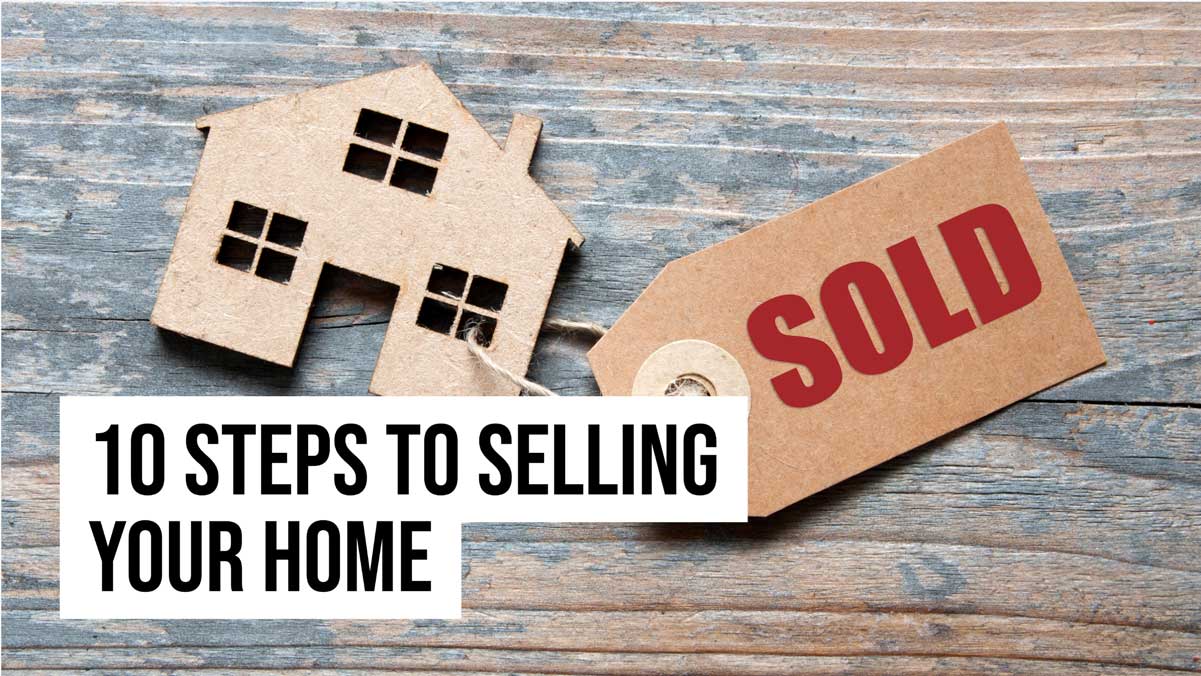If you’re considering selling your home directly to a real estate developer, you might be on the right track for a swift and seamless transaction.
Selling to a developer can often mean bypassing the lengthy traditional market process and negotiating an attractive market value with a real estate investor.
Real estate agents like myself play a crucial role in crafting deals that meet mutual acceptance, ensuring earnest money is part of the agreement to secure your interests.
In a few years, you might look back and see this decision as a pivotal moment in your business dealings.
We’ll explore the off market opportunities available and discuss key terms like feasibility contingency and closing date.
Before finalizing a developer’s offer, it’s essential to seek professional advice to review the purchase contract, compare it to a traditional listing agreement, and weigh factors like price per square foot to ensure you’re making the best decision for your property.

Step 1. Determine if your home is eligible for sale to a developer.
There are generally three factors that developers look for when considering purchasing a home:
- The property must be zoned for development.
- It should be large enough to accommodate the development plans.
- The property should be located in an area that is prime for development.
If your home meets these criteria, you may be able to sell it to a developer.
How To Find This Information
| Resource | Description |
|---|---|
| Local Zoning Office | Contact your local zoning office or planning department to check the zoning regulations for your property. They can provide information on whether your property is zoned for development. |
| Real Estate Agents | Consult with local real estate agents who have experience with development properties. They can offer insights into whether your property size and location are attractive to developers. |
| Real Estate Developers | Reach out directly to real estate developers in your area. They can provide specific criteria they look for in potential development sites. |
| Online Real Estate Platforms | Use online platforms that specialize in real estate development opportunities. These platforms often have tools to assess property eligibility based on zoning, size, and location. |
| City or County Development Plans | Review city or county development plans, which can highlight areas targeted for future development. This can help determine if your property’s location is considered prime for development. |
Step 2. Research developers who are interested in purchasing properties in your area.
Once you have determined that your home is eligible for sale to a developer, you will need to find developers who are interested in purchasing properties in your area.
There are a few ways to do this.
| Resource | Description |
|---|---|
| Local Chamber of Commerce or Economic Development Office | These organizations often have connections with a real estate developer and can provide lists or contacts of those interested in local properties. This is an example of how to proceed when selling to a developer. |
| Online Research | Use websites and platforms that specialize in real estate development. Websites like LinkedIn, real estate forums, or industry-specific sites can help identify developers active in your area, offering an advantage in finding the right deal. |
| Real Estate Agents | Engage with real estate agents who specialize in selling to a developer. They often have established networks and can connect you with potential buyers, especially for smaller homes that might appeal to their clients. |
| Networking Events | Attend local real estate networking events or industry conferences where developers might be present. This can be a great way to make direct connections and discuss potential deals. |
| Real Estate Investment Groups | Join local real estate investment groups or clubs. These groups often include developers looking for new opportunities, providing an advantage in proceeding with a sale. |
They may be able to provide you with a list of developers who have expressed interest in purchasing property in your area.
Contact a real estate agent who specializes in selling properties to developers.
Joe Stephenson can help you navigate this.

Step 3. Contact the developer and express your interest in selling your home.
Once you have found a few developers who may be interested in purchasing your home, you will need to contact them and express your interest in selling.
The best way to do this is to send a letter or email expressing your interest in selling your home. Be sure to include:
- Your contact information (name, address, phone number, email address)
- A brief description of your property (location, size, zoning)
- Your asking price for the property
- Any other relevant information about the property (development potential, etc.)

Step 4. Negotiate a sale price with the developer.
Once the developer has expressed interest in purchasing your home, you will need to negotiate a sale price.
There are a few things to keep in mind when negotiating a sale price:
1. The developer will likely want to purchase your home for less than its market value.
2. The developer may be willing to pay more if the property is located in a prime development area.
3. The developer may be willing to pay more if the property is zoned for a higher density of development.
4. The developer may be willing to pay more if the property is large enough to accommodate the planned development.
5. You may be able to negotiate a higher price if you are willing to accept payment over time, instead of all at once.
6. You may be able to negotiate a higher price if you are willing to accept payment in the form of stock options or equity in the development project.

Step 5. Sign a purchase agreement with the developer.
Once you have negotiated a sale price, you will need to sign a purchase agreement with the developer.
Be sure to review the purchase agreement carefully before signing. You may want to consult with an attorney or real estate agent to review the agreement and make sure that it is fair.
Step 6. Close on the sale of your home.
Once the purchase agreement has been signed, you will need to close on the sale of your home.
This process will vary depending on the state in which you live, but generally speaking, you will need to:
1. Transfer the deed to the property to the developer.
2. Pay any remaining balance on your mortgage.
3. Pay any closing costs associated with the sale.
4. Move out of your home and turn over possession of the property to the developer.
Once you have completed these steps, the sale of your home to a developer will be complete.

Contact Joe the REALTOR®! He Specializes in New Homes Sales and Working with Developers
Joe has been working with new homes and developments for many years. He is familiar with the process of selling your home to a developer and can help you get the best price for your property. Give Joe a call today.
Phone: 913-558-1182

Sign Up for Our Real Estate Agent Newsletter
Sign up for our newsletter to gain valuable insights into the real estate world! Explore tips on how to sell your house to a developer, selling land, and managing the sale process with ease.
Learn how to handle contracts, assess developed land, and collaborate with other developers while navigating due diligence and unique circumstances.
We offer strategies to help you reduce risk, optimize your budget, and boost profit on residential projects or other ventures.
As a seller or owner, you’ll learn exactly what needs to happen to close successful deals while enjoying the benefits of expert-driven insights that can transform your real estate strategy.
As a seller or owner, you’ll learn exactly what needs to happen to close successful deals while enjoying the benefits of expert-driven insights that can transform your real estate strategy.
Get the details you need to begin with confidence, understand permits, and secure the funds to achieve your goals.
Join now for expert advice and a significant number of actionable tips to sharpen your real estate expertise.


